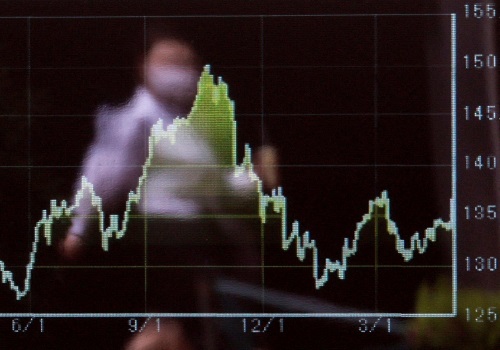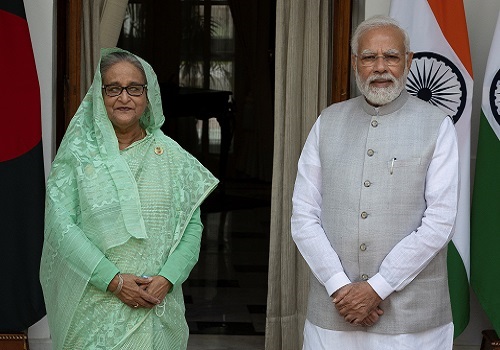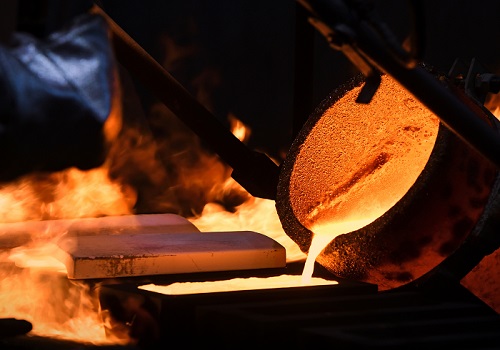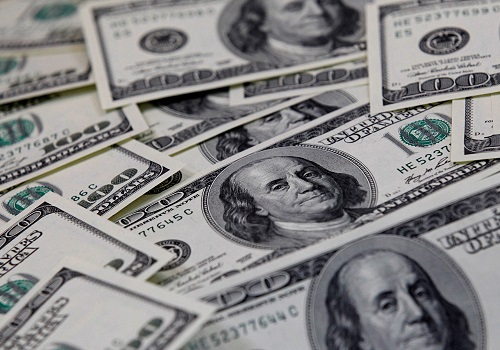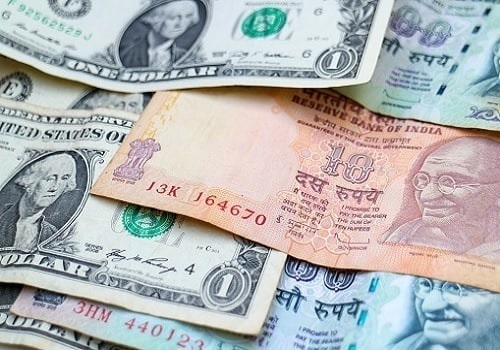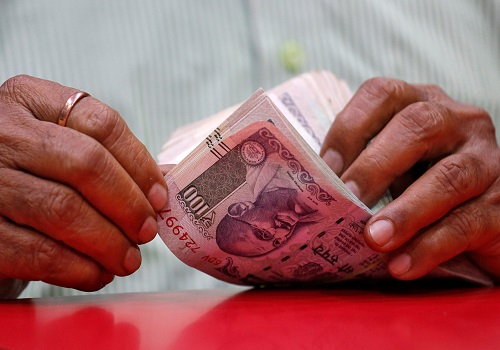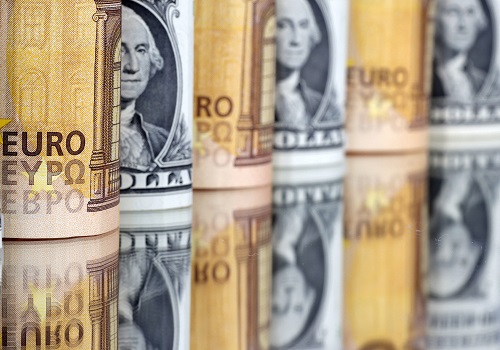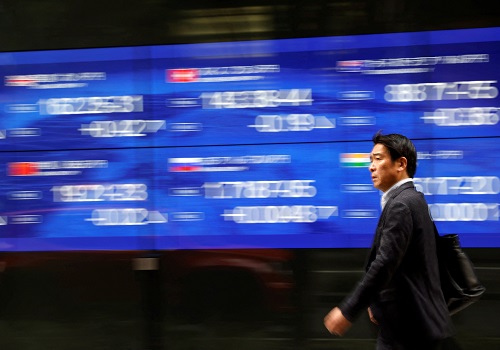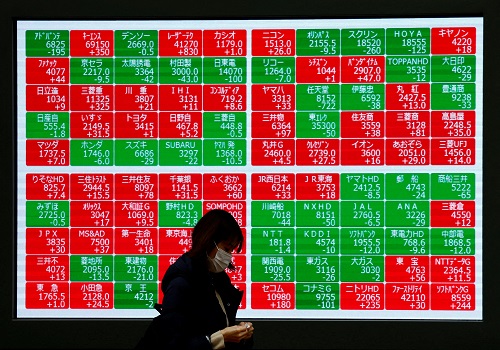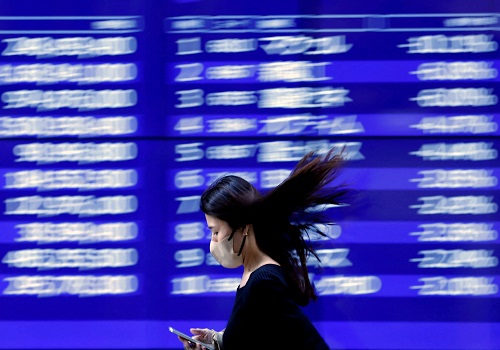Wall Street set for post-Fed breather, dollar regains traction
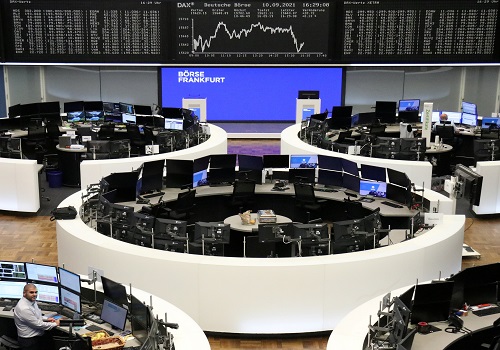
Follow us Now on Telegram ! Get daily 10 - 12 important updates on Business, Finance and Investment. Join our Telegram Channel
LONDON - Global equity markets were still on the front foot on Thursday on relief that the biggest hike in U.S. interest rates in more than two decades hadn't been even sharper, although Wall Street looked set for a breather.
London, Paris and Frankfurt raced up between 1.3% and 2% in Europe [.EU] amid collective cheers at Wednesday's 50 basis point Federal Reserve rate hike and its accompanying signals that 75 bps moves were now unlikely.
It kept European government bond yields largely in check as the Bank of England hiked its rates for the fourth time since December, the ECB flagged its first in over a decade is coming and oil held onto a 5% spike caused by an EU plan to ban Russian oil imports. [O/R]
"The fact (Fed Chair) Powell removed the 75 basis point hike from the table, I think that is what the markets are reacting to, it is a bit of a relief rally," BlackRock's EMEA Head of Investment Strategy for its iShares unit, Karim Chedid, said.
"Inflation data is all important now and if it flattens off as the Fed is expecting then the markets will be ok with that."
In currency markets, the dollar was gradually regaining its footing after the Fed's move had caused its biggest drop in nearly two months. It is up more than 7% so far this year, on track for its biggest annual gains since 2015. [/FRX]
Sterling slumped back 2% to $1.2370 as the BoE's widely expected 25 bps hike came with a recession warning, while the euro wilted to $1.05 after dire German industrial orders data.
"The German economy is programmed for a downturn," said Thomas Gitzel, chief economist at VP Bank, pointing to a plunge in exports in March as well.
"The war in Ukraine, the supply chain problems and high rates of inflation are spoiling companies' appetite for investment. Incoming orders are suffering from this," he said, adding that a recession was becoming increasingly likely.
The main action was centred on the equity markets, though.
Wall Street bulls had seen the Dow Jones Industrial Average jump 2.8%, the S&P 500 gain 3% and Nasdaq finish 3.1% higher. Futures prices pointed to some profit taking later, but BlackRock's Chedid said there might now finally be some positive signs showing. [.N]
Trading in U.S. Exchange Traded Funds - the main instruments now used to passively follow major market moves - had surged to 37% of all dealing during Wednesday's rally, 10% more than normal over the last month.
"It suggests we are getting some dip-buying behaviour, which is a good sign for equities," he added, pointing out too that with bonds globally now offering investors 4% return overall, money was now flowing into that key segment too.
FED UP
Wall Street's main markets were expected to open around 0.5% lower after the benchmark S&P 500 index had scored its biggest one-day percentage gain in nearly two years on Wednesday.
Citigroup slipped 0.7% in premarket trading to lead losses among big banks. Megacap companies slid, with Meta Platforms and Tesla down over 1% each.
For bears, there were also still no signs of a truce in Ukraine ahead of next week's key WWII Victory Day parades in Moscow.
Having failed to capture Kyiv in the early weeks of an invasion that has killed thousands and flattened towns, Russia has accelerated attacks in southern and eastern Ukraine, including on the Azovstal steel works in Mariupol.
Overnight, MSCI's broadest index of Asia-Pacific shares outside Japan had risen a modest 0.5%, although trading had been thin with both Japanese and Korean markets still closed for public holidays.
Marcella Chow, Hong Kong-based global market strategist at J.P. Morgan Asset Management, said the region was likely to be relieved that the Federal Reserve's rate rise was in line with expectations, as it impacts global sentiment and costs.
The half a percentage point rate increase was the biggest jump in 22 years and first back-to-back rise since 2006. Fed Chair Jerome Powell said policymakers were ready to approve similar-sized rate hikes at upcoming policy meetings in June and July.
Crucially for many investors, though, he also said it was not "actively considering" a 75 basis-point rate hike, tempering fears something of that magnitude could be on the cards with U.S. inflation now its hottest in decades.
China's battered shares had also recovered some ground, gaining 0.7% as mainland markets resumed trade after a three-day holiday.
Investors also cheered a pledge by China's central bank for more monetary policy support to help businesses badly hit by the latest COVID-19 outbreak.
J.P. Morgan's Chow added she expects that market to make further gains with other high level Chinese officials also pledging support recently.
Among the key commodities, gold was up almost 1% at $1,900 per ounce having dropped 8% since March.
U.S. crude futures gained 0.3% to $108.21 a barrel and Brent steadied at $110.25.
Both benchmarks had risen over $5 a barrel on Wednesday after the European Union laid out plans for new sanctions against Russia, including an embargo on crude in six months. [O/R]
The proposal, which needs unanimous backing from all 27 EU countries, also includes a phasing out of imports of Russian refined products by the end of 2022 and a ban on all shipping and insurance services for the transportation of Russian oil.
"The oil market has not fully priced in the potential of an EU oil embargo, so higher crude prices are to be expected in the summer months if it's voted into law," said Rystad Energy’s head of oil markets research, Bjornar Tonhaugen.












 320-x-100_uti_gold.jpg" alt="Advertisement">
320-x-100_uti_gold.jpg" alt="Advertisement">

